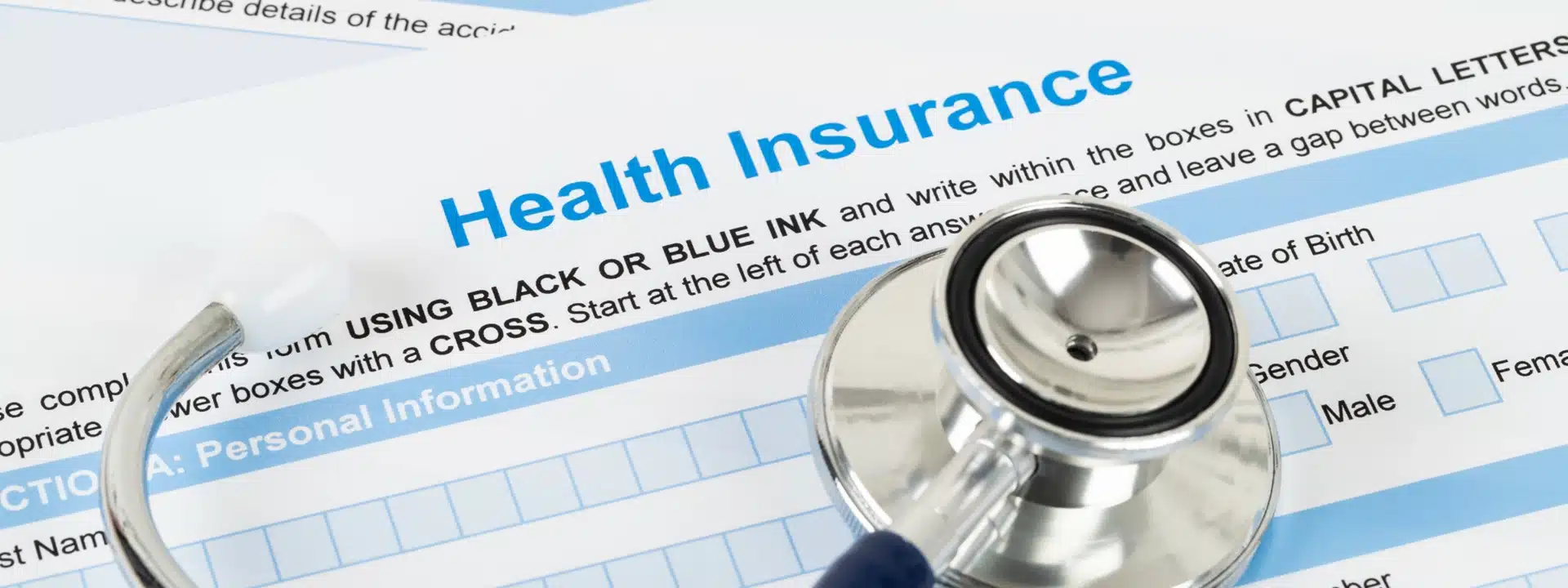Learning doesn’t stop after school. You keep learning new things at work, in life, and even about yourself. But what if every new skill feels harder than it should? What if lessons don’t stick, no matter how many times you try? That’s when the question hits you: how does ADHD affect learning?
For adults with ADHD, learning can feel like running on a treadmill that never slows down. You want to focus, but your brain jumps ahead. You want to listen, but every sound pulls you away. Then you feel frustrated. You wonder, “Why can’t I just stay with it?”
Here’s the truth — your brain isn’t broken. It just works differently. And once you understand that difference, everything starts to make sense. The struggle at work, the late nights trying to study, the forgotten details — they all connect.
So, let’s walk through what ADHD does to adult learning, memory, study habits, and even confidence. And more importantly, let’s talk about what helps you learn your way.
How Does ADHD Impact Adult Learning
You can be smart, creative, and full of ideas — yet still find learning hard. That’s what makes ADHD so tricky. One day you focus fine. Next, everything slips away. Why does that happen?
Kuznetsova, Tammi, Postnova, Palomäki, and Cowley (2025) studied this exact question in the Journal of Attention Disorders. They looked at how adults with ADHD learn from what they see in real life. They found that people with ADHD had lower brain activity in areas that help connect and organize new information. The brain caught small bits but missed how they fit together.
Have you ever watched a training video and later forgotten most of it? That’s not laziness. It’s your brain missing steps when saving what you saw or heard.
The study showed that active learning really helps. Try moving while you listen. Draw pictures instead of only taking notes. Talk through ideas out loud. These small steps help your brain stay alert and link ideas better.Learn more about ADHD and learning challenges in adults and how your brain processes new information.
Why Does ADHD Affect Work Study Habits
You plan your day, make a list, and sit down to work — but things fall apart fast. You start one task, jump to another, and lose track of time. Sound familiar?
Elizabeth Chan and Joshua Langberg (2024), in their study “Predicting Occupational Outcomes for Individuals with ADHD,” looked at how adults with ADHD manage time, stay organized, and stay motivated at work. The researchers found that people who struggled most with time management and impulsivity also struggled more with job performance, satisfaction, and focus.
Think about those moments when you sit to study or work, and a small distraction pulls you away. You plan to return “in five minutes,” but suddenly it’s an hour later. That’s not carelessness — it’s ADHD’s pull on attention and time sense.
The study shows that executive functions — skills like organizing, staying on track, and switching tasks — often run low in ADHD. But structure helps. Short work blocks, alarms, or breaking big jobs into tiny steps can make a huge difference.
When you build systems outside your head, you give your brain the backup it needs to stay steady and finish strong.
How Does ADHD Interfere With Adult Retention
You sit through a class, take notes, and feel like you’ve got it. A week later — it’s gone. Not because you didn’t care. Your brain just didn’t store it deeply enough.
That’s what Pawley, Mayer, and colleagues (2024) found in a study, “Verbal Memory Performance in Adolescents and Adults with ADHD,” published in Neuroscience Applied. The researchers tested how adults with ADHD remember new information — words, lists, and short stories. At first, participants kept up fine. But later, much of it faded.
So, what’s going on?
- Working memory slips. The “mental notepad” that holds short-term info loses lines before you can rewrite them.
- Delayed recall drops. You can learn fast, but struggle to pull it back later.
- Recognition gets fuzzy. Even familiar details can feel brand-new again.
This isn’t about effort — it’s how ADHD changes how memories are saved.
- Review in short bursts. Space it out instead of cramming.
- Use what you learn right away. Apply it, don’t just read it.
- Speak or draw it out. Your brain remembers what it does, not just what it hears.
Little tweaks make memories stick longer.
How Does ADHD Change Adult Learning Strategies
Most adults with ADHD know what doesn’t work — sitting still, reading long slides, or listening to slow lectures. Your brain starts to drift. You want to learn, but the way you’re taught makes it harder to stay with it.
The results were encouraging. Adults in these active, hands-on groups showed lower ADHD symptoms, better focus, and higher self-esteem. Most said the sessions felt practical and motivating, not boring or clinical.
So, what made the difference? The learning style — not the learner. When information connects to real experience and social support, it sticks.You don’t need to change your brain to learn better. You just need to learn in ways that fit how your brain works — fast, active, and full of connections.
Why Does ADHD Affect Women’s Adult Learning
Many women spend years wondering why learning or work feels harder than it should. They stay organized, take notes, and work twice as long — but still forget, lose focus, or burn out. For many, ADHD hides behind perfectionism and exhaustion.
Dara Babinski and Erin Libsack (2025) explored this in a study published in the Journal of Attention Disorders. They talked with 14 women who were diagnosed with ADHD in adulthood. Most described how getting the diagnosis finally made sense of years of struggle — both in learning and in life.
Here’s what they shared:
- They often blamed themselves for being “scatterbrained” or “lazy.”
- Many had masked their symptoms by overworking or staying quiet.
- Once diagnosed, they felt relief — and began using better coping and learning tools.
The study showed that understanding the why behind their learning struggles gave women new confidence. With the right support, they could build healthy study habits, plan more effectively, and finally stop seeing their differences as flaws.For women, ADHD doesn’t erase ability — it just hides it until it’s named and understood.
When Learning Feels Like a Fight—Don’t Do It Alone
ADHD doesn’t mean you’re broken. It means your brain learns in a different rhythm. Maybe focus slips, memory blurs, or motivation fades faster than others — but that doesn’t make you less capable. It just means you’ve been trying to learn in ways that don’t fit you.
Studies show that adults with ADHD can thrive when they get the right kind of support — structure, movement, visuals, and real connection. When you stop fighting your brain and start working with it, learning feels lighter. Progress comes back. Confidence grows again.
At Alter Behavioral Health, we help adults rediscover that confidence every day. Our team understands how ADHD shapes learning, work, and life — and we use proven methods that rebuild focus, motivation, and balance.
If you’re tired of feeling stuck or unseen, you’re not alone — and you don’t have to stay there. Reach out to Alter today. Let’s find the way your brain learns best — and help you use it to build the life you’ve been trying so hard to reach.
Contact Alter Behavioral Health to start your path forward.
FAQs
1. How does ADHD affect learning in adults?
ADHD makes it harder for adults to focus, remember, and organize information. It doesn’t lower intelligence — it changes how the brain learns.
2. Why does ADHD affect work and study habits?
Adults with ADHD often struggle with time management and distraction. Small interruptions can break focus and make long tasks harder to finish.
3. How does ADHD interfere with adult retention?
The brain may store pieces of information, but miss the links that make it stick. That’s why lessons can fade quickly unless repeated or practiced.
4. Why does ADHD affect adult academic performance?
Inattention and stress often block recall during tests or presentations. Adults with ADHD may understand the material but lose focus when pressure rises.
5. How does ADHD change adult learning strategies?
Adults with ADHD learn best through active methods — movement, visuals, and discussion. Passive learning, like long lectures, rarely keeps attention for long.
6. Why does ADHD affect women’s adult learning?
Many women mask symptoms for years, leading to late diagnoses and burnout. Hormonal shifts and perfectionism can make focus and memory even tougher.
7. Can adults with ADHD still learn effectively?
Absolutely. With structure, support, and the right learning strategies, adults with ADHD can excel in work, school, and everyday life.



